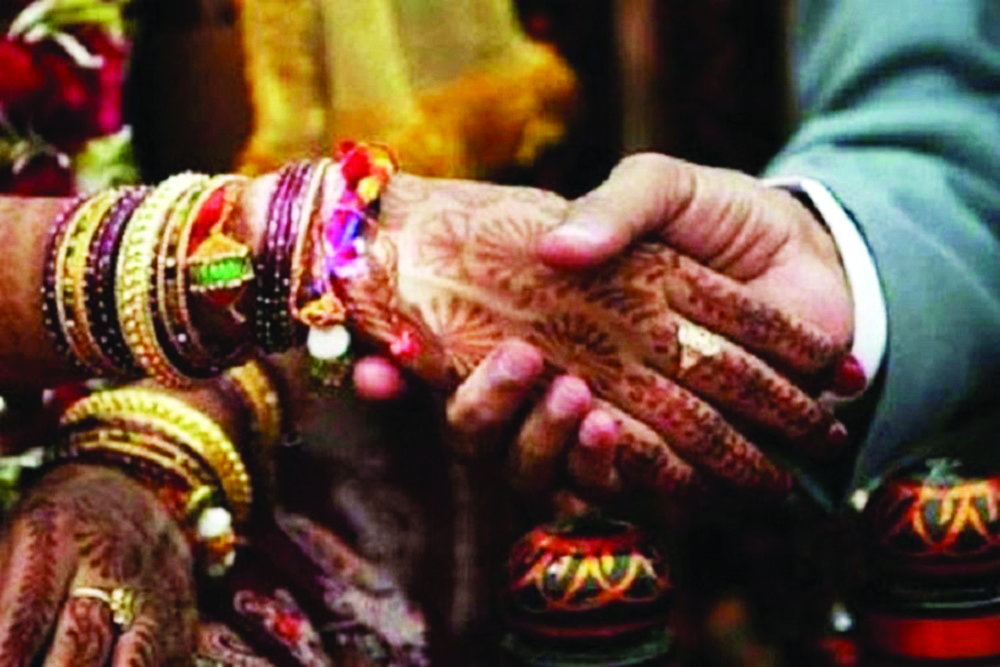SC asks courts to adopt broad approach in cases where wife seeks divorce

New Delhi: What is cruelty for a woman in a given case may not be cruelty for a man, and a relatively more elastic and broad approach is required when a court examines a case in which a wife seeks divorce, the Supreme Court has said while granting a decree of divorce to a woman.
A bench of Justices Sanjiv Khanna and MM Sundresh said the word ‘cruelty’ under Section 13(1)(ia) of the Hindu Marriage Act of 1955 has no fixed meaning, and therefore, gives a very wide discretion to the Court to apply it “liberally and contextually”.
Section 13(1) and 13(1A) of the Hindu Marriage Act, 1955 provide for various grounds for granting divorce including cruelty.
What is cruelty in one case may not be the same for another and it has to be applied from person to person while taking note of the attending circumstances, the bench said.
“Therefore, what is cruelty for a woman in a given case may not be cruelty for a man, and a relatively more elastic and broad approach is required when we examine a case in which a wife seeks divorce. Section 13(1) of the Act of 1955 sets contours and rigours for grant of divorce at the instance of both the parties,” the bench said.
The bench, which pronounced the verdict on Wednesday, took note of the submission by advocate Dushyant Parashar, appearing for the estranged wife, seeking divorce on ground of cruelty and claiming her husband had cast aspersions on her character.
Parashar contended that both the high court and the trial court had erred in refusing to grant divorce.
The bench said the facts of the case spoke for themselves.
The couple had got married in the year 2002. It ran into rough weather after the birth of their child. Disputes started between the parties from 2006.
“The appellant-wife registered a complaint under Section 498A of Indian Penal Code, 1860 and Sections 3 and 4 of the Dowry Prohibition Act, 1961. The respondent-husband had questioned the character of the appellant-wife,” the bench noted.
The bench noted the husband claimed it was his wife who had left the matrimonial home and also demanded a medical examination of the wife, alleging she was living in adultery and had given birth to a child during the period of non-cohabitation.
The request was rejected by the high court, the bench said, adding the couple has been living separately for a decade and half.
“As fairly stated at the Bar, the marriage does not survive any longer, and the relationship was terminated otherwise except by a formal decree of divorce. The status quo continues, awaiting an approval from this Court,” the bench said, adding the facts would certainly make out a case for divorce. It said the trial court and the high court adopted a “hyper-technical and pedantic approach” in declining the decree of divorce.
“It is not as if the respondent-husband is willing to live with the appellant-wife. The allegations made by him against her are as serious as the allegations made by her
against him.”



